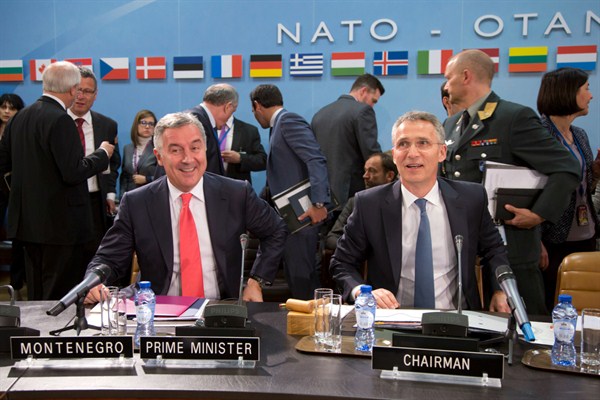BELGRADE, Serbia—It is expected to join NATO next year and is in pole position to become the European Union’s next member. A Mediterranean paradise increasingly popular with the glitterati, it is forecast to have one of the world’s fastest-growing tourism industries over the next decade. It has also, in effect, been ruled by the same party since World War II. Critics say that it has chronic problems with organized crime and corruption that are intertwined with the political elite and state institutions. The past year has seen anti-government protesters take to the streets, accused of supporting Russia’s interest in derailing the country’s westward shift.
This is the context in which Montenegro goes to the polls on Oct. 16, in an election that is almost certain to see the re-election of Milo Djukanovic for a seventh term as prime minister. Djukanovic has also served a term as president since coming to power in 1991, spending just four years of the past 25 out of either office. But even during that hiatus, he was widely seen as the power behind the throne.
Djukanovic’s Democratic Party of Socialists, or DPS, has been Montenegro’s dominant party since 1991. It is the direct successor of the communist party that was in power since the liberation of Montenegro from the Nazis in 1944; Djukanovic himself was a senior communist. He has called next week’s parliamentary election as important as Montenegro’s referendum on independence from Serbia in 2006, when it became the second-to-last country to secede from what was once Yugoslavia.

